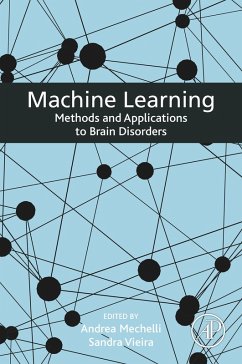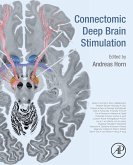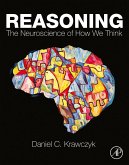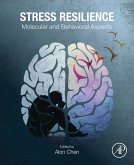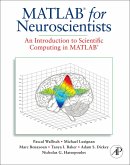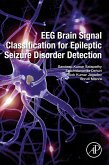Machine Learning is an area of artificial intelligence involving the development of algorithms to discover trends and patterns in existing data; this information can then be used to make predictions on new data. A growing number of researchers and clinicians are using machine learning methods to develop and validate tools for assisting the diagnosis and treatment of patients with brain disorders. Machine Learning: Methods and Applications to Brain Disorders provides an up-to-date overview of how these methods can be applied to brain disorders, including both psychiatric and neurological disease. This book is written for a non-technical audience, such as neuroscientists, psychologists, psychiatrists, neurologists and health care practitioners.
- Provides a non-technical introduction to machine learning and applications to brain disorders
- Includes a detailed description of the most commonly used machine learning algorithms as well as some novel and promising approaches
- Covers the main methodological challenges in the application of machine learning to brain disorders
- Provides a step-by-step tutorial for implementing a machine learning pipeline to neuroimaging data in Python
Dieser Download kann aus rechtlichen Gründen nur mit Rechnungsadresse in A, B, BG, CY, CZ, D, DK, EW, E, FIN, F, GR, HR, H, IRL, I, LT, L, LR, M, NL, PL, P, R, S, SLO, SK ausgeliefert werden.
"This is a fantastic resource for researchers and clinicians interested in the application of artificial intelligence to brain disorders. The most up-to-date approaches are covered, using a rigorous yet accessible language. The step-by-step practical guide will be particularly useful to those taking their first steps in this field." --Qiyong Gong, MD, PhD

